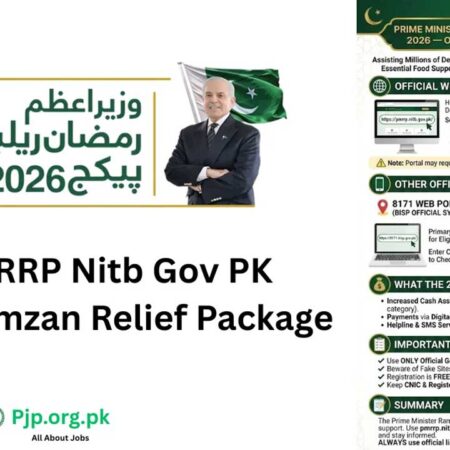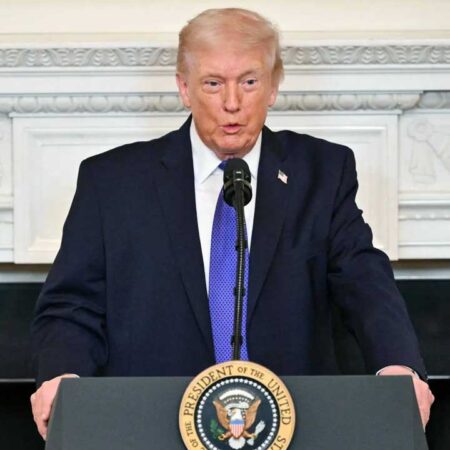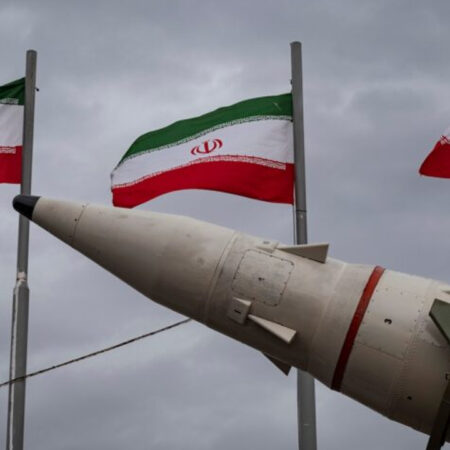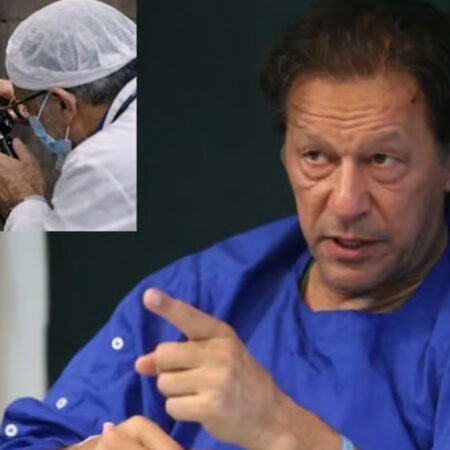PESHAWAR: Since the program’s commencement in March of this year, about 700,000 patients have benefited from the provincial government’s free treatment effort, with women outnumbering men, according to a report.
It stated that during that time, public hospitals made Rs 12 billion, private hospitals made Rs 6 billion, and 689,523 patients received free care, totaling Rs 18 billion.
Because the government has prohibited private hospitals from performing seven medical procedures on Sehat Card Plus (SCP), including caesarean delivery, tonsillectomy, cholecystectomy, appendectomy, cataract, angiography, and septoplasty and submucosal resection (SMR), public sector hospitals have seen an increase in program revenue.
Government hospitals have been able to increase their revenue from the program thanks to the restriction.
Since March, the program has
benefited almost 0.7 million patients.
The decision was made in response to claims that the program led to unnecessary procedures for patients in private hospitals for conditions like gallstones, tonsillitis, and appendices.
According to the report, 196,205 patients received free medical care in private hospitals, while 493,216 patients received free medical care in public hospitals.
According to the report, 689,523 patients in total sought free care under the program. They cost Rs9.127 billion and Rs9.091 billion, respectively, and comprised 366,821 women and 322,701 males.
The greatest money made under the system, Rs1.618 billion, was earned by the public sector Peshawar Institute of Cardiology, which served 15,546 patients.
Treatment of 42,511 patients at Lady Reading Hospital brought in Rs1.518 billion, 31,932 patients at Hayatabad Medical Complex brought in Rs1.216 billion, 18,470 patients at the Institute of Radiotherapy and Nuclear Medicine brought in Rs838 million, and 27,929 patients at Khyber Teaching Hospital brought in Rs699 million.
According to the report, 29,657 cardiac patients received treatment worth Rs4.085 billion, medical cases cost Rs1.750 billion, general surgeries cost Rs1.817 billion, gynecology patients cost Rs1.794 billion, neurosurgery patients cost Rs1.086 billion, orthopaedic patients cost Rs876 million, dialysis patients cost Rs604 million, cardiac surgery patients cost Rs533 million, and pediatric cardiology patients cost Rs424 million.
Charsadda hospitals received Rs1.093 billion from 42,051 patients, while Swat-based hospitals received 58,333 patients and made Rs1.588 billion. Millions of dollars were also gained by the other institutions that were empaneled in various regions.
Every family in Khyber Pakhtunkhwa is eligible to receive healthcare treatments worth Rs 1 million per year as part of the free treatment program. Those with KP identity cards can receive free treatment services at more than 1,000 hospitals that have been empaneled, including 130 in Khyber Pakhtunkhwa and the remainder ones in neighboring provinces.
In the current fiscal year, the government has set out Rs 34 million for the program.
The caretaker government halted the program last year due to financial difficulties, but the PTI government brought it back in March of this year and promised to give the State Life Insurance Corporation, the program’s execution agency, Rs 3 billion every month so that it could continue sustainably.
Because they receive a portion of the money made from SCP patients, the program has benefited not just patients but also physicians and hospital support personnel.
In an assessment exercise last week, the health authorities withdrew several hospitals that were already empaneled from the list and added new ones.
Since many patients come to hospitals in Peshawar and the surrounding districts to receive free treatment under the program, the health authority intends to appoint hospitals in every district so that people can receive treatments in their hometowns.












No Comment! Be the first one.